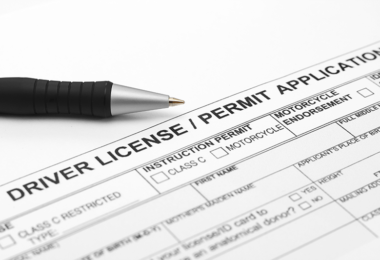Home / Modules / Components / 50+ supervised hours of practice & log book requirements / Key research findings
Key research findings
- Greater numbers of supervised driving hours are likely to have safety benefits, although there is some uncertainty about this relationship and the optimal number of hours to require. In a review of the literature, Senserrick and Williams (2015) observe that there is evidence from several studies that a greater number of required supervised hours are associated with safety benefits. In a U.S. national study, Trempel (2011) found that increasing the number of required hours by 20 was associated with a statistically significant reduction of 7% in insurance claims for 16-year-olds, and a 40-hour increase produced a 14% reduction. In addition, a U.S. national study by Chen et al. (2006) reported a reduction of 18% in deaths among 16-year olds when 30 or more hours were required compared with fewer or none. The McCartt and Masten (2013 and 2014) studies, however, found no relationship between supervised hours requirements and crash rate changes. Part of the issue may be that in almost all states 50 hours is the most that is required making it difficult to identify any effect of relatively small variations in supervised driving hours. Goodwin et al. (2015), in a recent review of countermeasures that work, also observed that the lack of effect of supervised hours on fatal crash outcomes may be explained, in part, by a lack of parental knowledge of the supervised driving requirements.
- Optimal number of supervised practice hours. Some Australian states require 100 or 120 hours. After an extensive review of Australian and European as well as U.S. literature, Senserrick and Williams (2014) concluded that more hours are better than less, and that 80 to 120 hours may be optimal. It is notable that requiring too few hours may discourage learners and their supervisors from obtaining more practice than the minimum.2 This means they have substantially less driving experience than other drivers on the road, and they are driving unsupervised.
- Parents need to know about the supervised driving practice hours requirement and the benefits of more rather than less hours. Parents play an important role to help ensure compliance with supervised driving hours requirements both in terms of the number of hours and the conditions under which these hours should be driven. In that regard, it is notable that surveys in five U.S. states indicated that some parents were not aware of their requirements for supervised hours in their state, and the majority did not know the number of hours required.3
- Log books help inform parents about state requirements. In the 5-state survey, knowledge was much greater in Maryland, where parents are given a log book when their teen obtains a permit and they are required to hand it in when their teen appears for the road test. Log books are required in Australia and the use of a log book in U.S. states would be simple and practical to improve knowledge among parents; a first step in promoting compliance with supervised hours rules.





